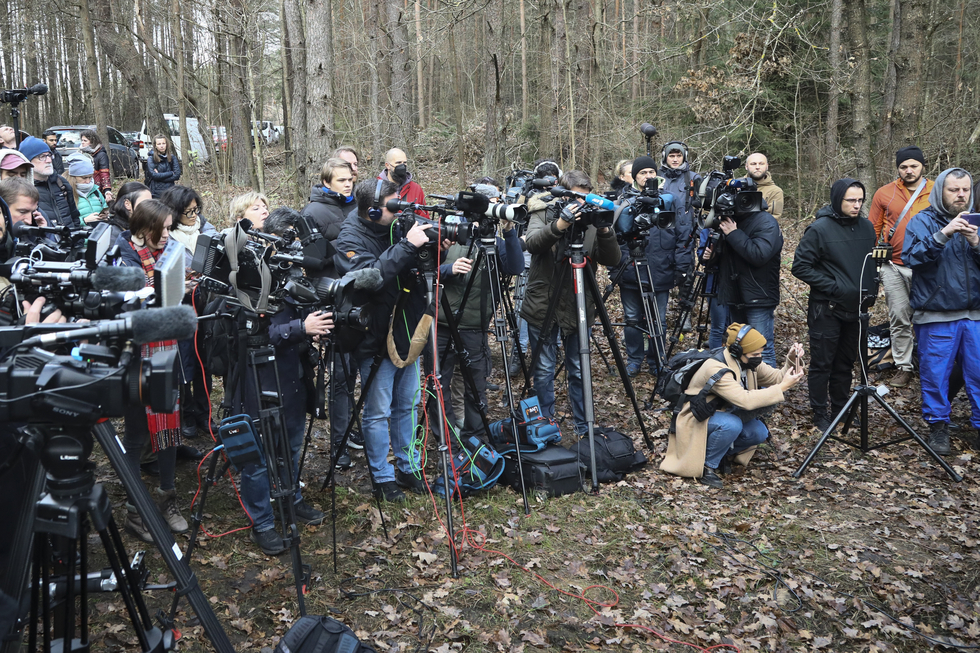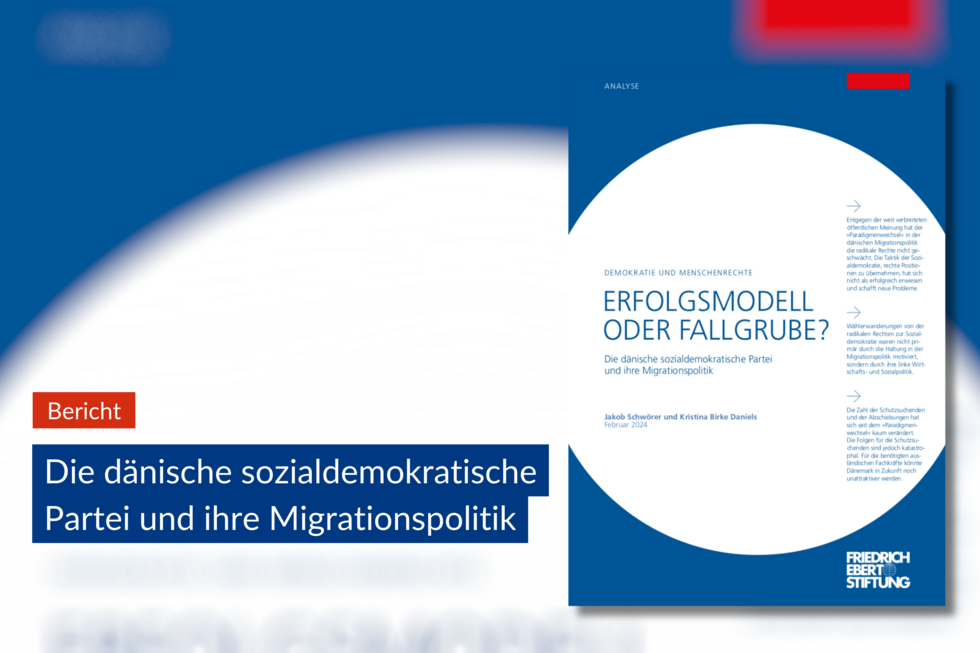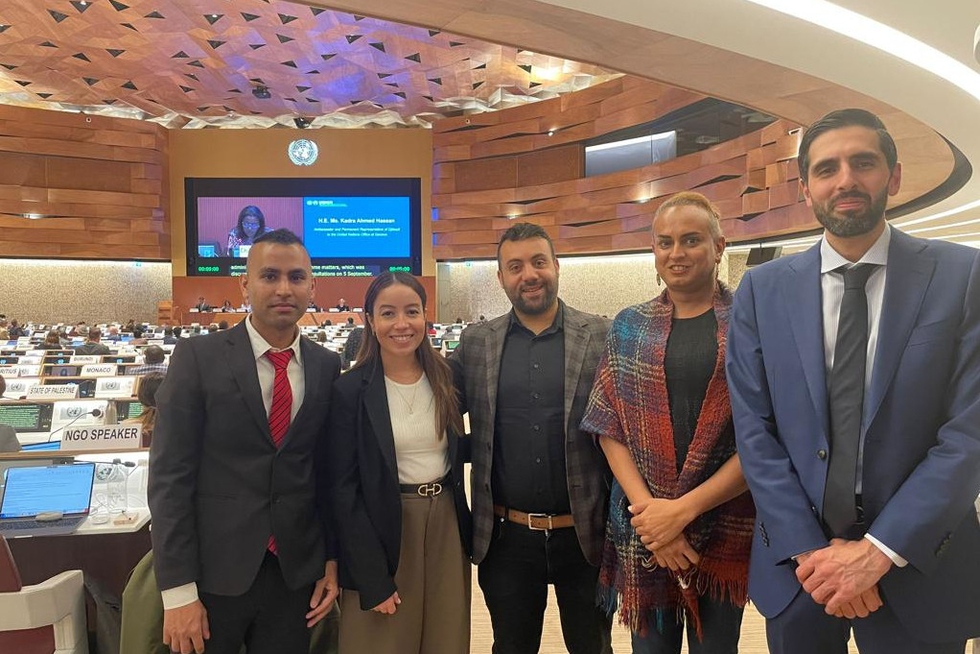Illuminating the Unseen Struggles

by Salam Ibrahim Al-Nidawi from Croatia
In the warmly lit rooms of Rehabilitation center for stress and trauma in Zagreb, the voices of refugees echo with haunting questions and painful statements that comfirm they traumatic experience.
„I avoid public transportation because it reminds me of my kidnapping in Burondija“ (person from Burundi).
„Can you help me forget the past?“ (person from Palestine).
„I will never be the same as before“ (person from Turkey).
„I fear the night because I'm alone with my thoughts and dreams“ (person from Afghanistan).
„I left my job on the seaside because I couldn't face the sea after my journey from Turkey to Greece“ (person from Yemen).
„I left everything to survive, now I'm surviving for everything I left behind“ (person from Iraq).
These sentiments, whispered by those who have endured the tumultuous journey of fleeing their homes in search of safety and peace, underscore the profound mental health challenges faced by refugees.
Leaving one's homeland is not merely a physical journey but also a journey of the soul. When refugees depart, they leave behind not only their possessions but also their sense of belonging, their connections, and their identities. Compelled to leave behind cherished loved ones, beloved pets, and the comfort of familiar surroundings, they set out on a daunting journey across lengthy, expensive, and treacherous paths in search of refuge and safety.
Upon arrival in unfamiliar lands, refugees are thrust into a new existence — a life where everything is foreign and the past feels like a distant dream. They must adapt to a new culture, language, and social order while grappling with the weight of profound loss. Many carry the burden of intense trauma, born from experiences they never had the chance to properly process.
The psychological toll of displacement is immense. Refugees, once resilient and hopeful individuals, find themselves questioning their very existence. "Why did they do that to me? Why me? Will I ever be normal again?" they ponder. The wounds inflicted by the past refuse to heal, and the scars of trauma run deep.
Contrary to popular belief, the journey to safety does not mark the end of refugees' traumatic experiences. It is merely the beginning of a new struggle — a struggle fought in the shadows of invisible wounds. While others may assume that refugees should simply move on and focus on their everyday worries, the reality is far more complex.
Once these individuals arrive and begin to stabilize in their new environment, the psychological and emotional symptoms of their traumatic experiences often start to manifest.
Recovery from trauma is a long and arduous journey, fraught with obstacles and setbacks. It demands courage, resilience, and unwavering determination. Refugees must confront their inner demons, confront their fears, and piece together the fragments of their shattered identities. In the pursuit of healing, Rehabilitation center for stress and trauma play a significant role.
Within the nurturing embrace of this Center, refugees find sanctuary amidst supportive environments. Through counseling, therapy, and participation in peer support groups, they begin the intricate process of unraveling the complexities of their trauma and rebuilding the very foundation of their mental well-being.
However, this journey is not without its challenges. Language barriers, lack of information, stigma, and misconceptions about mental health pose significant obstacles along the path to healing. Moreover, the scarcity of mental health services in many countries further exacerbates these difficulties. Working with vulnerable populations necessitates professionals with specialized expertise, yet there is a shortage of qualified professionals and financial resources to adequately support their work.
Cultural and linguistic diversity render it nearly impossible to offer mental health services to refugees in their native languages. Therefore, reliance on interpreters is essential to provide care. While interpreters play a crucial role in facilitating communication between patients and mental health professionals, their involvement can also inadvertently slow down the therapy process. This is particularly true in cases where sensitive emotions and nuanced experiences need to be accurately conveyed, requiring careful interpretation to ensure effective communication.
Regardless the invaluable assistance provided by interpreters, the need for their services underscores the ongoing challenges in delivering comprehensive mental health care to refugees.
However, refugees have the potential to positively impact their mental well-being by engaging in various activities. This includes learning the local language, staying informed about their rights, available services, and community resources. Participating in local events can enhance connections with community members, fostering mutual respect and understanding through the sharing of cultures and experiences. By actively engaging in such endeavors, refugees not only empower themselves but also contribute to building bridges within their new communities.
Despite these challenges, the road to recovery is paved with hope and resilience. It requires not only professional guidance but also unwavering support from communities and societies at large. It calls for empathy, understanding, and a profound recognition of the inherent dignity and strength of every refugee. Together, we can walk alongside refugees on their journey to healing, offering compassion, solidarity, and a beacon of hope for a brighter future.
Only through collective action and unwavering compassion that we can begin to heal the invisible scars of displacement and pave the way towards a brighter, more inclusive future for all.
Ever since Croatia joined the Schengen area on 1 January 2023, there's been a growing expectation that Croatia is to protect the EU's external border from purportedly illegal border crossings. There have been worrying reports about increasing human rights violations at the Croatian border. Most refugees consider Croatia a transit state; given the current government coalition between a conservative and a right-wing party, this perception is unlikely to change, despite Croatia's enormous demographic challenges. The number of recognised refugees in the country is extremely small: according to the Ministry of the Interior, in 2023, 68,114 people expressed an intention for international protection though only 1,783 people actually applied for it. In 2023, in 45 cases international protection status was granted, 43 of which were applications for asylum and two cases of subsidiary protection status. The author of this text is one of the few people whose application for international protection was approved in 2016.
About

Salam Ibrahim Al-Nidawi, is originally from Iraq, and currently residing and working in Zagreb, Croatia. He studied law and political science at Dyala University in Iraq, and later earned a master's degree in political science from the University of Zagreb. Interpreter and cultural mediator at the Rehabilitation Center for Stress and Trauma in Zagreb, where he utilizes skills and experiences to support individuals through challenging times.
The opinions and statements of the guest author expressed in the article do not necessarily reflect the position of the Friedrich-Ebert-Stiftung.



